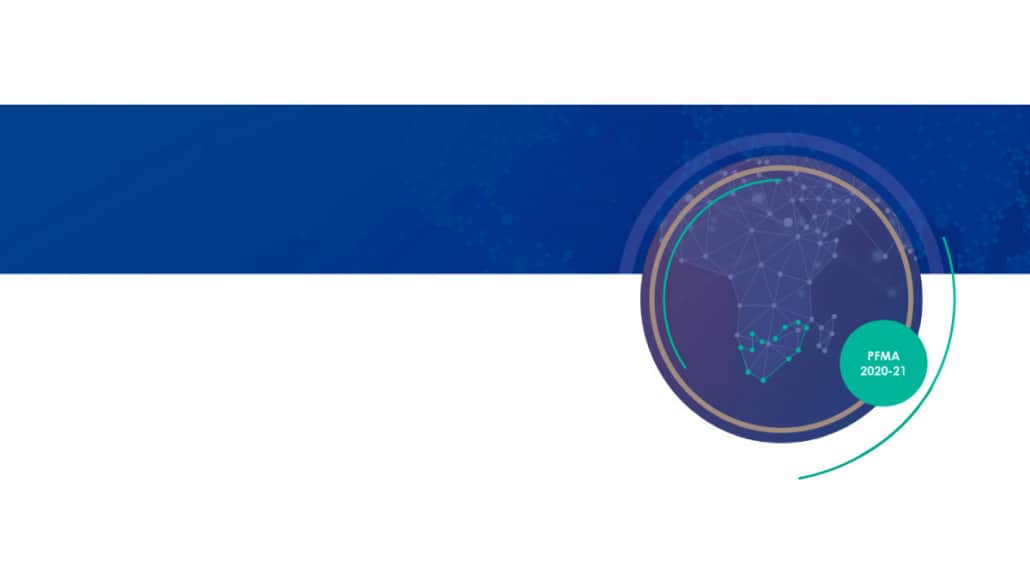The public health sector is in dire trouble, with its entities being responsible for a substantial amount of the unauthorised expenditure recorded by the Auditor-General of South Africa in its latest report on audit outcomes of provincial and national departments.
Auditor-general Tsakani Maluleke briefed the media on Wednesday afternoon, after having tabled the 2020/21 Public Finance Management Act audit outcomes report before Parliament earlier in the day. While positive about the improvement in audit outcomes – albeit with some help from her team – Maluleke cautioned that accountability measures needed to be improved if service delivery goals are to be met efficiently by departments.
Maluleke said some departments and entities again failed to meet the reporting requirements and deadline of her office, with more than half of them submitting poor financial records.
“Service delivery is of key concern for all South Africans, especially in a period where limited resources are available to respond to the service delivery needs, which have increased due to the outbreak of the Covid-19 pandemic,” Maluleke noted. “Therefore, oversight structures need to pay particular attention to service delivery departments, and all role-players must be vigilant and exercise their duties with diligence.
“In this regard, we continue to call for higher levels of accountability, which are necessary if the public sector is to implement the changes required to ensure that public finances are spent efficiently in the delivery of services that benefit citizens.”
Together with education and public works, the health department accounted for 90% of the recorded unauthorised expenditure. The three departments, she said, had the poorest financial health of all.
“We once again call on auditees to invest in personnel that have the necessary skills and competencies required to manage their finances and report on how finances have been dealt with.”
Maluleke cautioned that there is a growing trend among departments to use the budget of the upcoming year in the current year for expenses, which had a knock-on effect of their ability to pay creditors on time.
One glaring indicator of this delinquency is that provincial health departments paid out up to R1.76- billion for medical negligence claims in this period, while the estimated settlement value of unpaid claims stood at R124-billion. This, said Maluleke, accounted for 75% of the total claims against the state. Legal claims against government departments, particularly in the health sector, further reduce the limited funds available for intended programmes, said Maluleke. Furthermore, seven of the country’s provincial health departments had unpaid claims outstanding that exceeded their entire operational budget for the next year.
Fruitless and wasteful expenditure remains a concern, with 224 auditees having lost a combined total of R1.72-billion in that regard. Irregular expenditure also increased from R109-billion in the previous audit period, to R166-billion. Maluleke acknowledged that this figure could increase further as a number of auditees – 88 in total – had not been in a position to confirm their figures at the end of the reporting period.
“The improvements in audit outcomes and year-on-year increases in clean audits are a feather in the cap of this administration,” Maluleke said. “Some auditees are close to achieving a clean audit status and just need to get over the very last hurdles. We continue to call upon the leadership to accelerate and sustain the improvements in accountability.”

